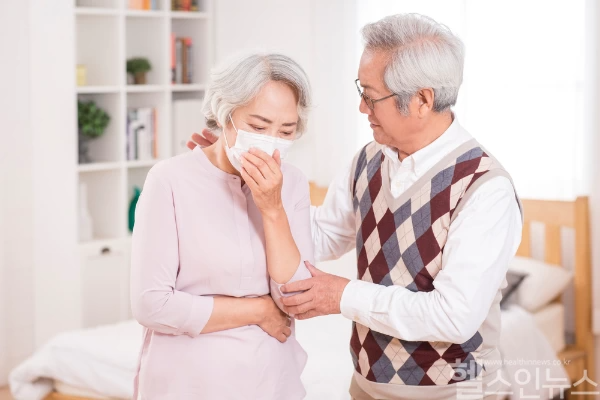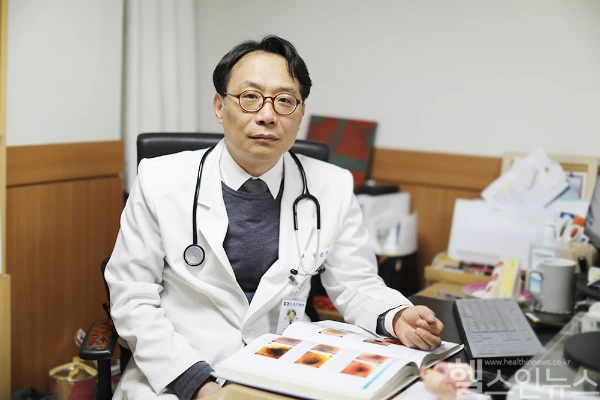While commonly mistaken for a severe cold, pneumonia is fundamentally different. Both are respiratory illnesses, but the common cold typically affects the upper airways – the nose and throat – causing relatively mild symptoms that usually subside within a week. Pneumonia, however, is an infection and inflammation deep within the lungs themselves, typically caused by bacteria, viruses, or fungi. This infection compromises breathing, often triggers high fever, and if untreated, can become life-threatening, particularly for vulnerable populations like the very young, the elderly, and those with underlying health conditions.

A key challenge in identifying pneumonia in older adults is the frequent absence of textbook symptoms. While younger patients typically exhibit clear signs—productive cough, chest pain, and high fever—elderly individuals often present with subtle or atypical indicators, leading to delayed diagnosis. "Pneumonia is an inflammation of the lungs, and older adults are particularly vulnerable due to their compromised immunity," explains Dr. Jang Junhee, Vice Director of Internal Medicine at Seran Hospital. "While younger people usually develop cough and fever initially, seniors might first show vague symptoms like loss of appetite, general weakness, or even confusion or delirium." These less obvious manifestations can be easily mistaken for other conditions or simply attributed to aging.

1. Critical strategies include pneumococcal vaccination and annual flu shots.
2. Smoking cessation is vital, as tobacco use severely damages lung tissue and impairs infection-fighting capacity.
4. Daily cleaning of dentures constitutes an integral part of this care regimen.
5. "Adults over 65 experience pneumonia five times more frequently than younger populations and face significantly higher hospitalization rates," notes Dr. Jang Junhee, Director of Internal Medicine at Seran Hospital. "Vaccination can prevent more than half of pneumonia cases.
6. Diligent oral hygiene, including daily denture cleaning, is also crucial.
7. Being attentive to even subtle changes in your parents' condition can make all the difference in early detection and treatment."
Lim Hye Jeong, medikorea
press@healthinnews.co.kr


